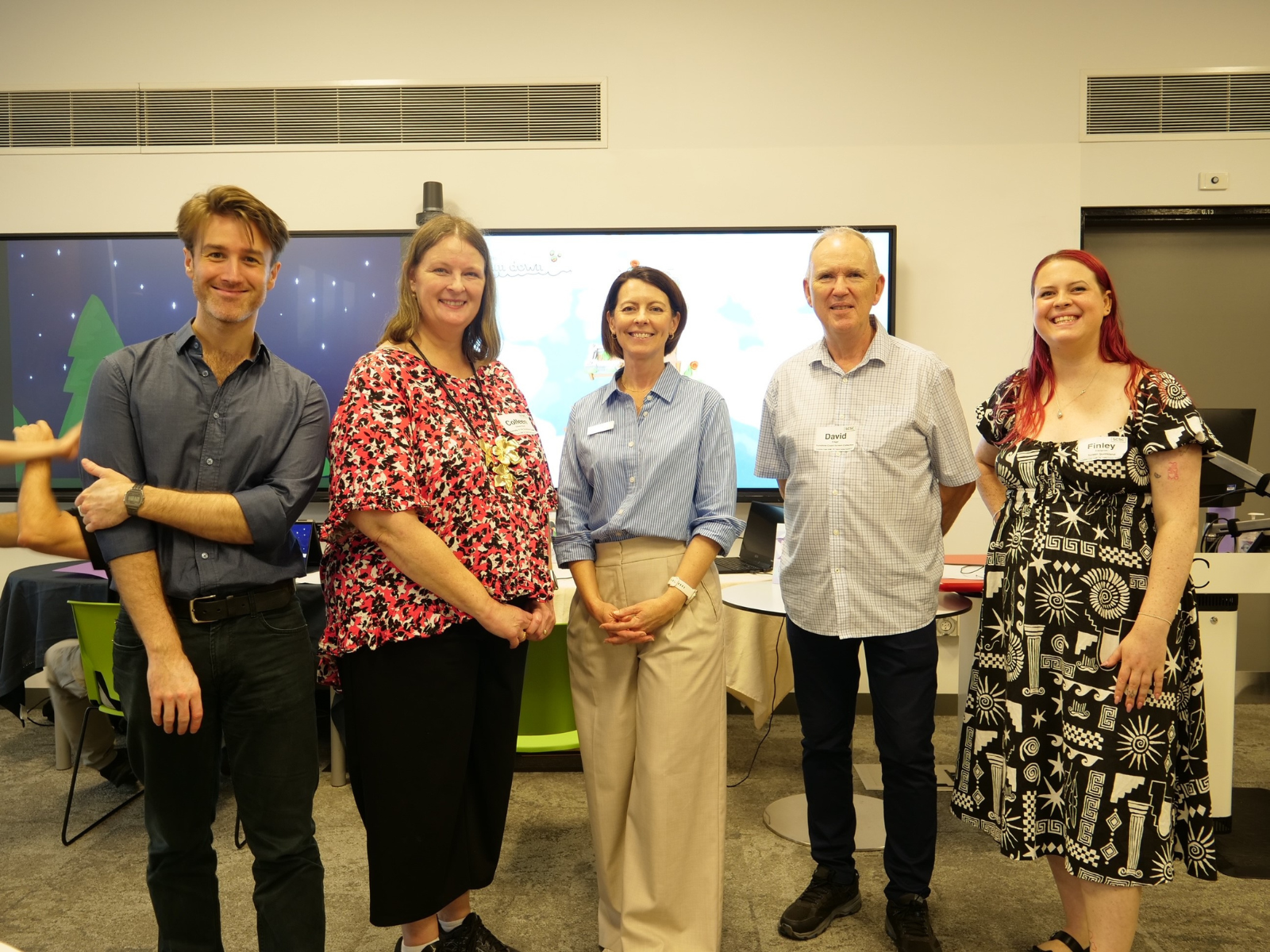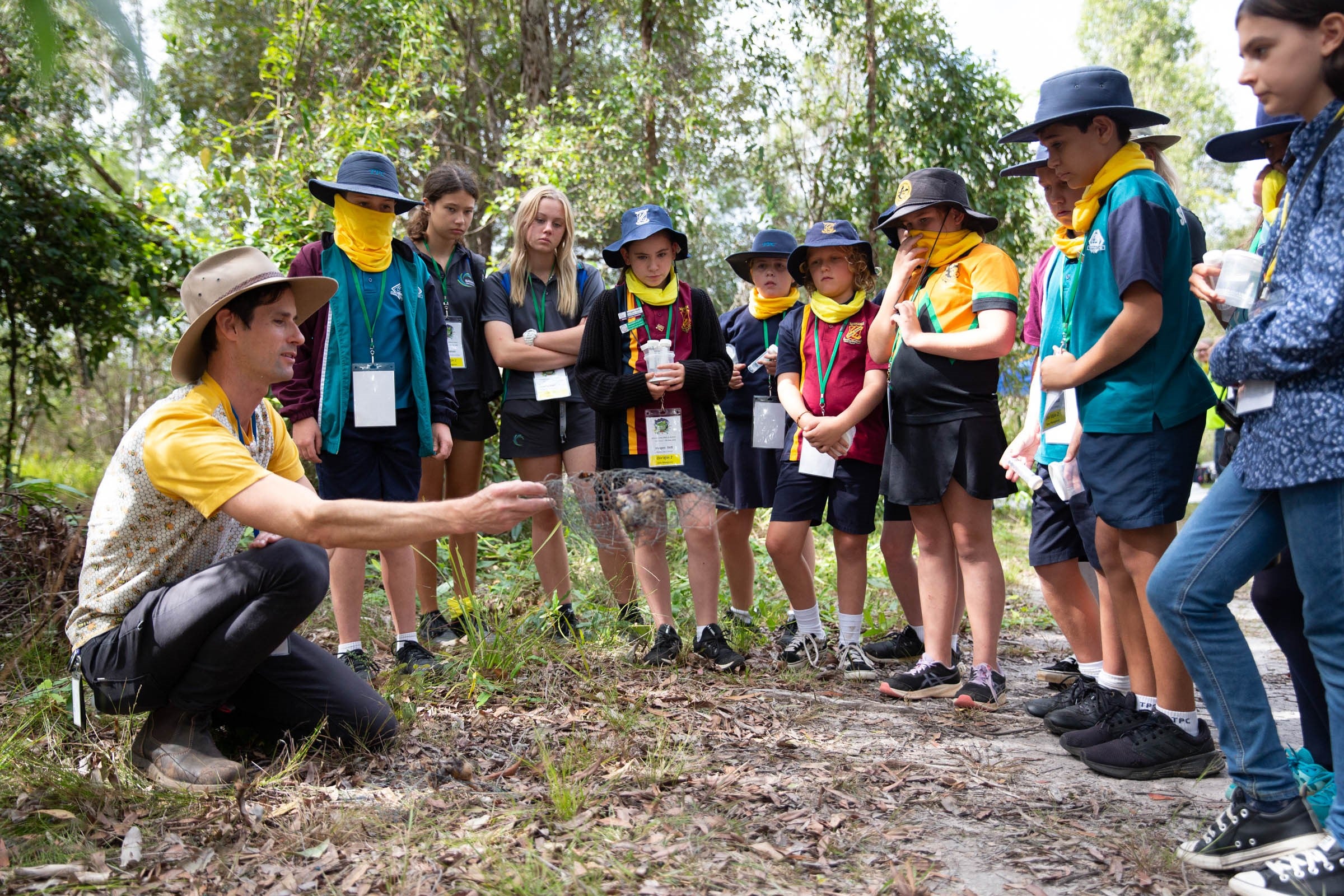The NSW Government announced today it will introduce a Bill to State Parliament to end statutory rice export marketing (‘vesting’) arrangements by 1 July 2025, heralding a new era of greater opportunity and innovation for the rice industry.
The legislation, which will be introduced to Parliament in June, will enhance the long-term viability of the state’s rice industry, which had an estimated farm gate value of $219 million in 2022-23.
This is an important step in the NSW Government’s commitment to bring new opportunities to the agriculture sector, and to ensure regulations do not hinder industry growth.
The NSW Government while drafting the Bill to modernise the state’s rice marketing arrangements received requests from rice growers from across NSW to end statutory rice export marketing (‘vesting’) arrangements as soon as practical.
Under the Government’s Bill, vesting for the southern growing region will end 1 July 2025, with the Rice Marketing Board to be wound up by 1 July 2026. The NSW Government’s already announced position to exclude the northern rivers growing region from current vesting arrangements from 1 September 2024 will be retained.
The decision to deregulate the industry in 2025 has been made following engagement from rice grower stakeholders representing the NSW rice industry and comes at a time when rice growers are well-placed to take advantage of the new marketing opportunities.
The decision to remove rice vesting also aligns with the recommendations in the recently published Australian Bureau of Agricultural and Resources Economics and Sciences .
Under the future arrangements, growers will be afforded greater choice and flexibility to pursue a range of markets, including export markets. It will also benefit the long-term sustainability of the industry in the face of lower water availability and a more variable climate.
The NSW Government is committed to ensuring that the industry is supported and will work with the present sole and exclusive export licence holder, SunRice, to resolve the access to rice seed aspect of the present arrangements and enabling a supported transition for the sector.
An expert Rice Transition Group which will be led by the NSW Department of Primary Industries and will focus on:
- R&D opportunities to support alternate supply chains
- Ensuring seed supply is maintained for all rice growers
- Unwinding the affairs of the Rice Marketing Board once vesting ends
- Investigating regional development opportunities.
This change to rice marketing arrangements reflects similar deregulation that has occurred over the past decades to other agricultural commodities including wheat, barley and dairy.
NSW Minister for Agriculture Tara Moriarty:
“The NSW Government is committed to grow the state’s agricultural sector and we are taking action to do that for the rice industry by listening to their needs, cutting red tape and assisting growers expand their export potential.
“The NSW Government while drafting a Bill to modernise the state’s rice marketing arrangements received requests from rice growers in southern NSW to end statutory rice export marketing, the ‘vesting’ arrangements, sooner rather than later.
“Discussions with rice growers across the state demonstrated to the Government there was agreement that a transition in rice export marketing be brought forward to 1 July 2025.
“Growers in the Northern Rivers region have long advocated for a change to vesting and southern growers have recognised the need for greater commercial flexibility to respond to future challenges.
“Our Government listens to its agricultural stakeholders and that’s why the forthcoming Parliamentary Bill will deliver greater flexibility to develop the rice industry based on regional preferences.
“The NSW Government will support industry as it navigates and manages the transition and acknowledges the contributions made by the rice industry during this process.”
NSW Minister for Industry and Trade Anoulack Chanthivong:
“This decision opens the door to more export opportunities for NSW rice growers and that means businesses that are more productive, create more jobs and pay higher wages.
“We’re committed to making it easier to get this state’s world class products into global markets where they attract a premium that flows back to regional NSW in the form of more jobs and better opportunities.
“The value of goods and services exported from NSW topped $150 billion last year, and we want to work across the economy to do even more.”








